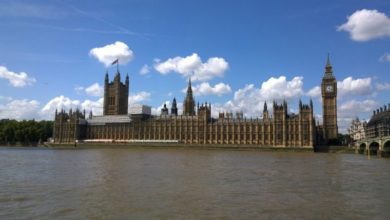EconomyHigh StreetNews
Transitional relief could cost retailers over £1bn, BRC warns
The BRC said that the money lost to Transitional Relief in 2023-26 is another burden on the sector that must be accounted for, particularly for retailers outside of London who are worst affected by the scheme

You'll need to
subscribe to unlock this content. Already subscribed? Login?







